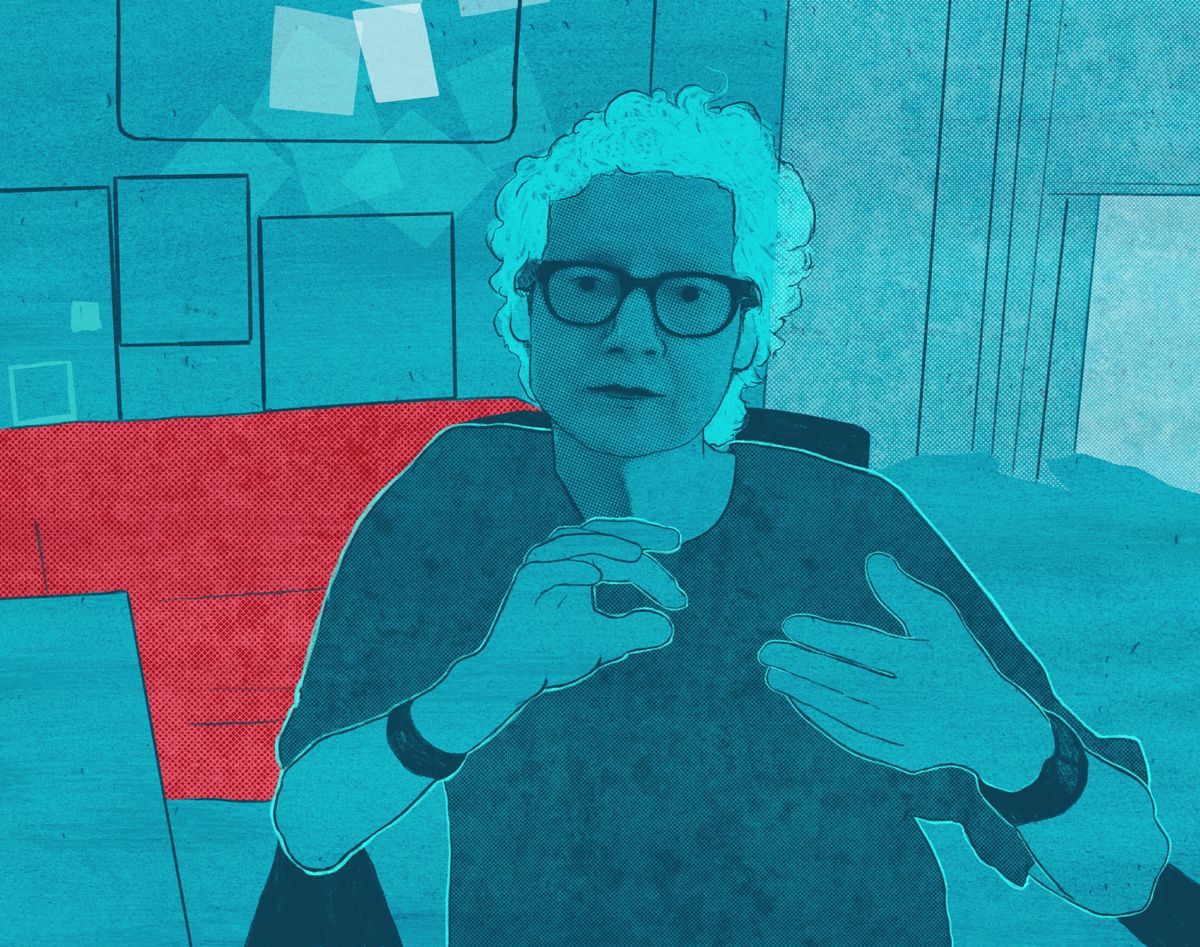Figuring out all these strange attachments

This week I have to talk to you about Lauren Berlant for a moment. I don't want it to become a trend that these emails constantly memorialize the people I admire, but it would be disingenuous of me to act like I'm thinking about anything else right now. Lauren's work was a big influence on me, and they passed away last Tuesday after a long illness.
I'm aware that the Venn Diagram of folks who read this newsletter and those who read Affect Theory does not overlap much. It's weeks like these that challenge my ability to transform whatever seems urgent to me into something that would be moderately interesting to most of you. Today I feel like I'm half in a past life and half in a future that can't be built anymore. That feels a bit much but I really am struggling to find the right words.
Let me back up.
When I was in grad school I read a lot of queer theory and art criticism and dense feminist texts that still take me a while to digest. I'm not sure who handed me Cruel Optimism by Lauren Berlant, but that was the book that for whatever reason hit me the hardest. Looking at the failed promise of "the good life" in the present moment, the book traces how one responds to a world where crisis has become the ordinary.
I'll start by establishing that "the relation of cruel optimism exists when something you desire is actually an obstacle to your flourishing." Every paper, every rant, every eye-roll that I've ever had about heteronormativity, monogamy, capitalism, etc. can be rolled into that concept.
At the center of the project, though, is that moral-intimate-economic thing called "the good life." Why do people stay attached to conventional good-life fantasies–say, of enduring reciprocity in couples, families, political systems, institutions, markets, and at work – when the evidence of their instability, fragility, and dear cost abounds?
Reading Cruel Optimism was like the angry queer inside me finally found all the people who owned the same black t-shirt and just wanted to talk about feelings. My work already circled ideas like world-building through collective living, queer phenomenology, chosen family, precarity. At least, that's all I was thinking about. Cruel Optimism never left my desk.
It's a very popular book if cultural/affect/queer/feminist theory is your thing. Lauren Berlant was certainly popular along with it, too. It feels obvious that I would be a big fan. I mean, they were THE Lauren Berlant.
The day after I finished installing my MFA thesis exhibition I immediately started recording the first Worriers EP, Cruel Optimist. Fuck it. That record reads like I just went to grad school in the same way that you can tell when a television writer went to therapy. I've since lightened my grip on thinly-veiled theory references, but Cruel Optimism's influence is still very obvious to me.
Engaging with their work has been the epitome of defining my own success, attaching and detaching from things that don't work as well as I'd thought, of orienting myself towards some kind of future during late capitalism and soaring precarity, and literally riffing about divorce with them.
I barely knew Lauren, but their generosity and kindness in our few interactions left a larger impression than I can verbalize. I've learned both personally and anecdotally how open Lauren was to engage in conversation, challenge assumptions, and crack jokes. They participated in our listening party event for The Gay Divorcees with thoughtful and insightful contributions laced with disarming humor. They easily could've ridden their popularity far into pretension, but that wasn't my personal experience.
Until The Gay Divorcees project started, it had been a few years since I was in a room full of people equally excited about the same writers and art (and also being a bit silly) as I was. My work hadn't intersected with academia in a while, and it was a lovely and relevant step towards that world again. The project reinforced my general strategy of working hard at what excites you while trusting that the good and interesting things will find their way. My life and work had circled back to crossing paths with Lauren Berlant and I am sad that path had to end where it did.
My condolences to their colleagues, family, and friends.
Recommended Reading
Cruel Optimism by Lauren Berlant
Queer Phenomenology: Orientations, Objects, Others by Sara Ahmed
Promise of Happiness by Sara Ahmed
Cruising Utopia: The Then and There of Queer Futurity by José Esteban Muñoz
Feeling Backward: Loss and the Politics of Queer History by Heather Love
The Wedding Complex: Forms of Belonging in Modern American Culture by Elizabeth Freeman
